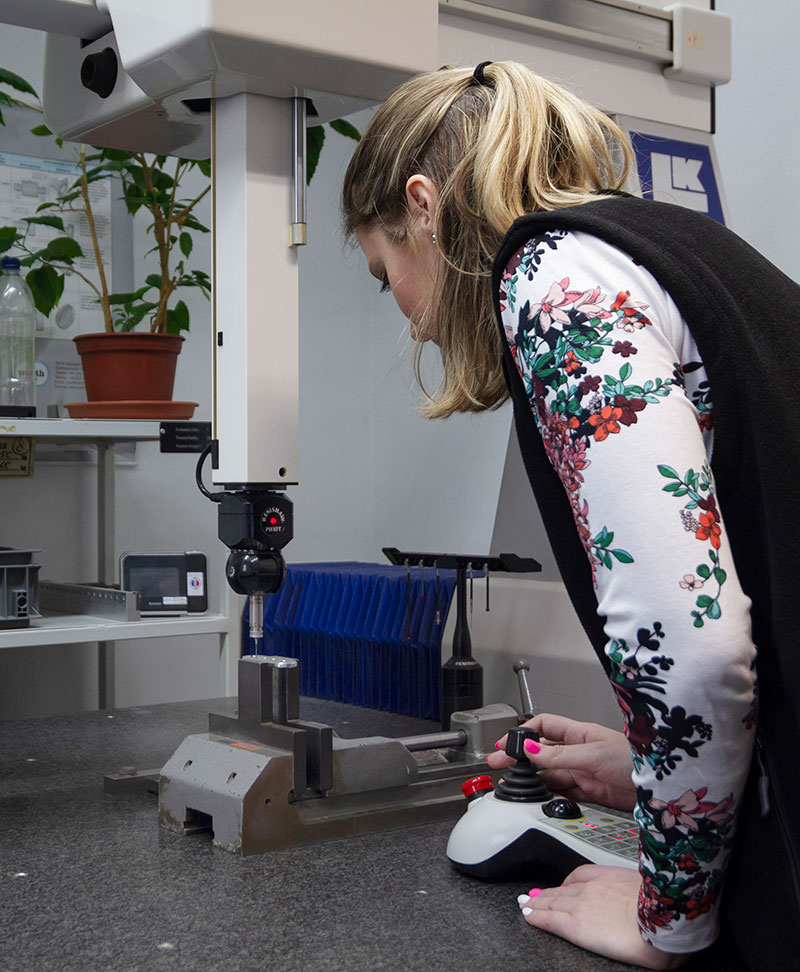
Quality Doctrine

C.S.O. has made a long-term commitment to creating a strong corporate culture comprising its own modern principles of management and monitoring of processes with the year-on-year objective to lower the PPM, increase the OEE, proactive creation of preventive and corrective actions in consequence of FMEA or SPC analyses as well as provision of safe and healthy working conditions for its employees and environmental protection and preservation. The stated values are integral parts of the fulfilment of our working tasks, products and services that we supply and provide, and that are simultaneously the expression of the commitment of C.S.O. to be a responsible member of the civil society. Not only the executives are expected to support this commitment and devote the essential resources for us to achieve the best results in the areas of environmental protection and occupational safety and health.
Achievement of excellent results in the issues of fulfilment of customer requirements particularly with regard to the quality of the products and services, occupational safety and health and environmental protection is a primary objective of the company managers as well as the employees at all levels and positions and in all activities in which the company is involved. The maintenance of the long-term prosperity of the organisation consists in the assimilation of corporate strategy with high emphasis on the increasingly sophisticated application of the C.S.O. products and services with higher precision of dimensions and provision of comprehensibly interpreted quality management results.
Certification
The integrated management system for quality, environment, occupational safety and health is based on the rules of the ISO9100 quality management system, planned ISO14001 certification and the OSH and FP rules. The general objectives include:
- Year-on-year reduction of PPM, increase of the customer satisfaction index particularly with regard to the buyers’ Pareto share
- Monthly reporting of the results of SPC analyses and preparation of FMEA
- Achievement of process perfection through systemic improvement programmes in the manufacturing and non-manufacturing premises on KAIZEN basis
- Zero tolerance for hazardous activities and a hazardous environment
- Ensuring the flawless technical condition of all machinery
- Maximum efficiency in the utilisation of natural resources, reduction of energy intensity per unit and economical use of water resources
- Reduction of the generation of wastes and effective grading for secondary usage, configuration of company processes and activities with a minimum impact on the environment



